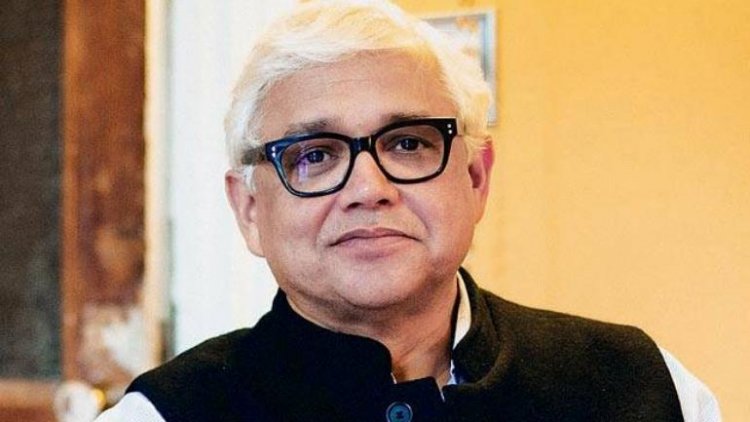Migration a multi-billion dollar industry: Amitav Ghosh

New Delhi: The migration network is extensive and has gone on to become a multi-billion dollar industry linking organizations in Europe to those in Africa and Asia, says author Amitav Ghosh who has been focusing on this topic in several of his books including his latest, "Gun Island".
Migration, according to him, is happening on such a big scale that it is almost impossible to control.
He says, one of the things that led him to write this novel is the refugee crisis, specifically the European refugee crisis of 2014-16.
"Lot of the people coming across were from Libya, Tunisia, and Egypt. These are countries where I have spent time. I found myself quite hypnotized by the unfolding of this crisis. I started looking at the pictures that were on the front pages of newspapers. There were many South Asian faces in the boats - people from this part of the world," he says.
In some months among the refugees who were crossing the Mediterranean, one of the largest groups was from Bangladesh, he says.
"I began to wonder what is it that is making this happen. I spent a lot of time in Italy visiting the refugee centers, visiting migrant camps and talking to migrants and refugees. And try to find out what had made them undertake this long and dangerous journey. It was kind of a revelation seeing what was happening," Ghosh told PTI in an interview.
For the research of his book, published by Penguin, while speaking to the migrants, he found out interesting details about this kind of migration and movement: "what lies behind is a very well organized industry, very powerful industry with a lot of money involved."
He talked not only to the migrants but also to the directors of the camps.
"Inside Italy, there are many people who worked in NGOs and others who try to help and support the migrants. I talked to a lot of them. It's interesting to see how this whole thing is playing out."
Ghosh, who was conferred with the Jnanpith Award last week, says the whole network that has risen around migration is very interesting.
It sort of transformed in many ways many Italian cities, he believes.
"For example, in Palermo, the capital of Sicily, there are some Bangladeshi mosques. There are two Hindu temples - one of them is a Bangladeshi Hindu temple and the other is a Mauritian temple. It is interesting to see how the nature of these cities is changing. So if you walk through the old parts of Palermo, you can smell Bengali food being cooked. It's a strange sort of transformation that is happening," he says.
He also says migration has been an important issue in India for a long time, especially in the east.
Ghosh has been talking of migration and displacement for a long, long time. In fact, his first books -- "The Glass Palace" and "Ibis Trilogy" explored these topics.
And now in "Gun Island", he talks of a world on the brink, of increasing displacement and unstoppable transition.
"Gun Island", according to him, is a book about a man who stumbles into a kind of mystery and follows that mystery through.
In his book, a large part is played by a Bengali legend Manasa Devi, the goddess of snakes, and Chand Sadagar, a merchant.
The characters in this book are not based on real people as such or on any one person, he says.
"In thinking of a character, you almost invariably find yourself drawing little bits from someone you have met or someone you remember. They are not real characters as such, they are absolutely fictional but they draw upon certain aspects of reality, certain figures you encounter," he says.
Ghosh likes writing both fiction and non-fiction, not at the same time of course.
"I think in some ways, fiction and non-fiction are not as different as people think. The same techniques are used, or else why would journalists call a news report a story. Because, it is a story; it is a way of creating a narrative that would interest people," he says.
Ghosh, a Padma Shri, and Sahitya Akademi awardee, has authored novels like "Shadow Lines", "The Hungry Tide", and Ibis Trilogy -- "Sea of Poppies", "River of Smoke", "Flood of Fire".
In "Gun Island", Dinanath aka Deen, a dealer of rare books, is used to a quiet life spent indoors, but as his once-solid beliefs begin to shift, he is forced to set out on an extraordinary journey; one that takes him from India to Los Angeles and Venice via a tangled route through the memories and experiences of those he meets along the way.
There is Piya, a fellow Bengali-American who sets his journey in motion; Tipu, an entrepreneurial young man who opens Deen's eyes to the realities of growing up in today's world; Rafi, with his desperate attempt to help someone in need; and Cinta, an old friend who provides the missing link in the story they are all a part of. It is a journey which will upend everything he thought he knew about himself, about the Bengali legends of his childhood and about the world around him.















































